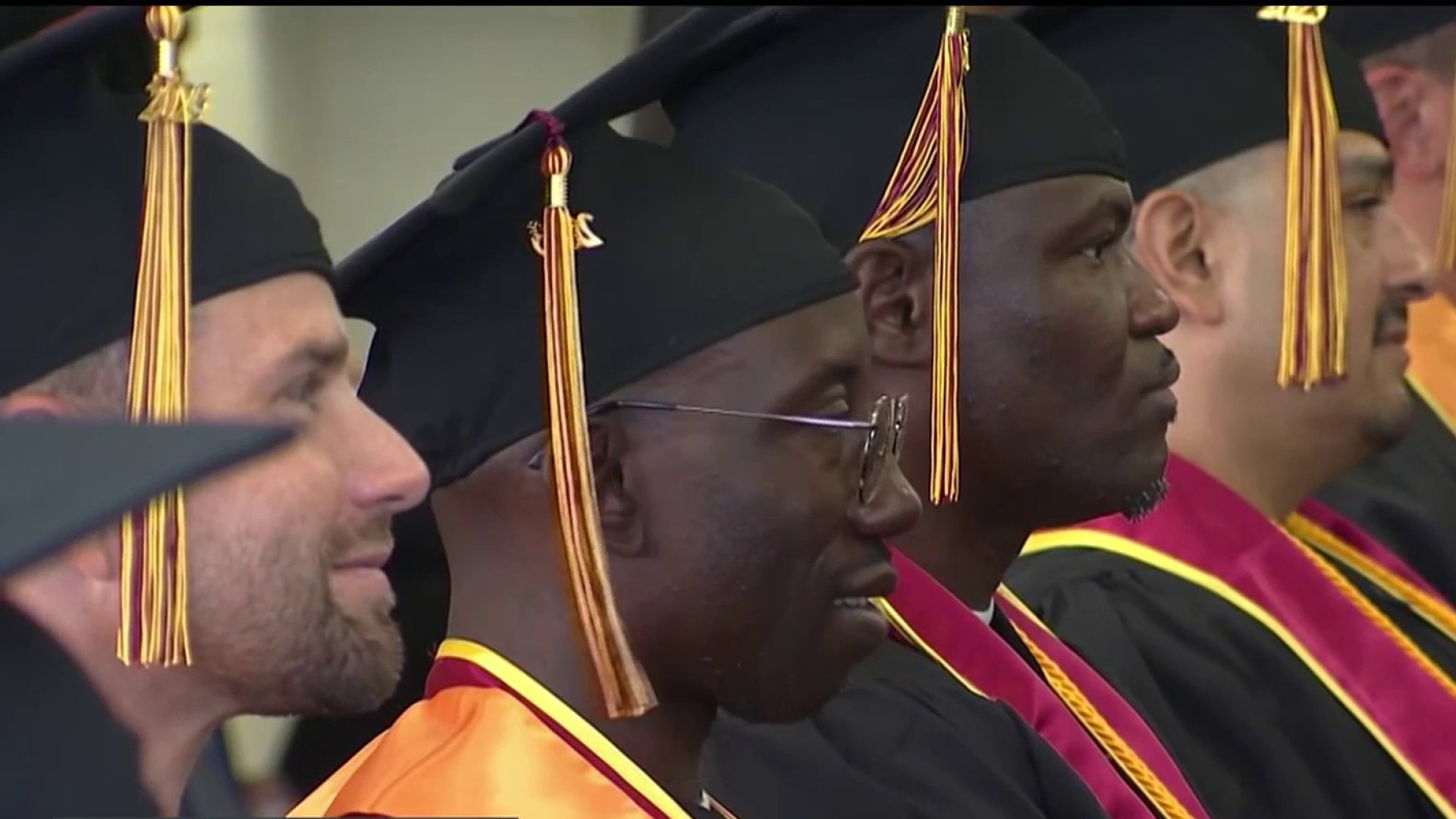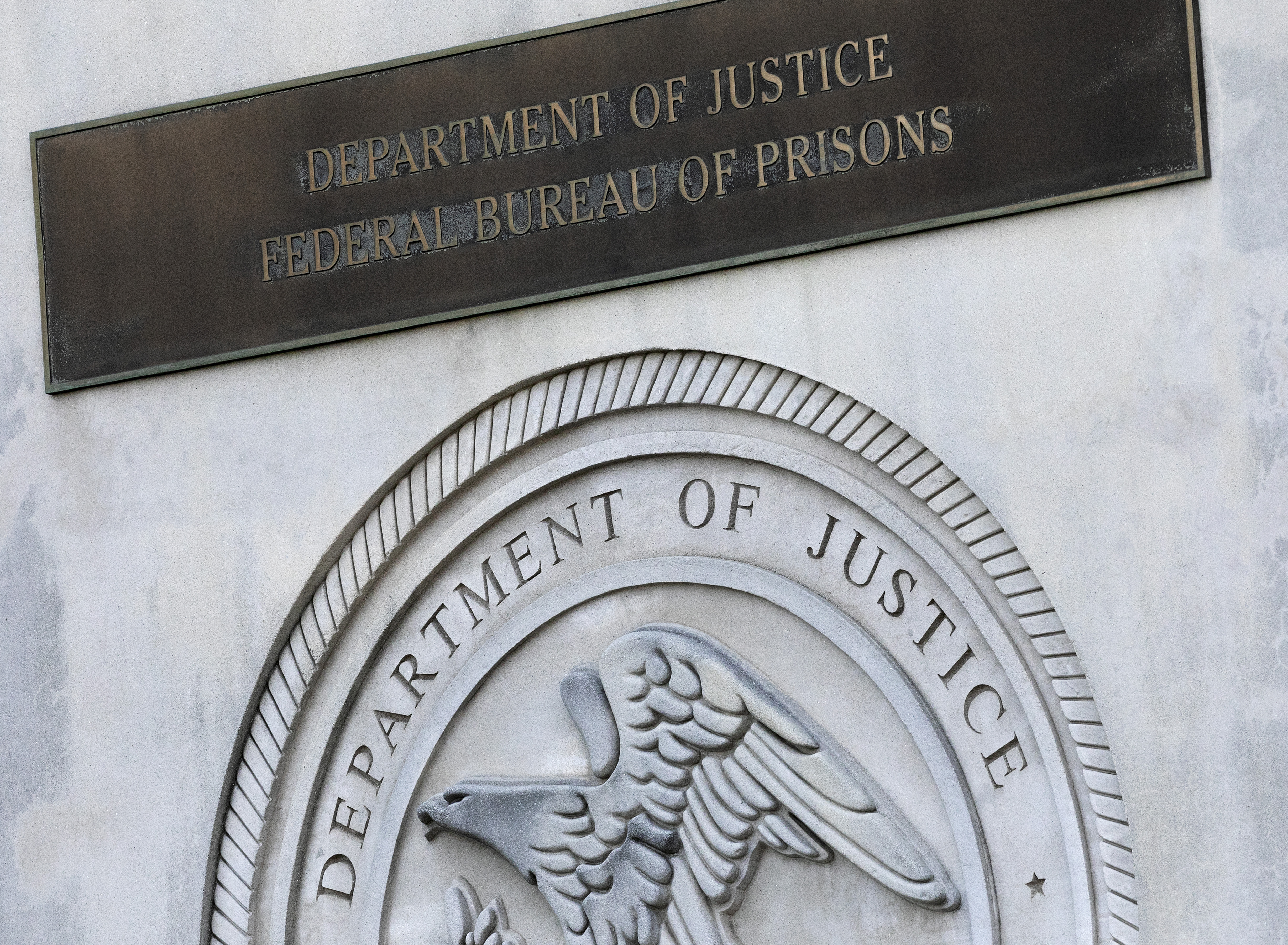The University of San Diego has started a master's program for restorative justice, joining just three other programs across the country, it was announced Tuesday.
USD's School of Leadership and Education Sciences launched the Master of Arts in Restorative Justice Facilitation and Leadership intended to equip "students with the in-depth knowledge and skills needed to facilitate restorative justice processes for responding to incidents of harm while fostering healing within communities," a statement from the university reads. It is the first such program in California.
"Restorative justice is a much-needed approach to harm and conflict in our highly divided society," said David Karp, director of the Center for Restorative Justice at USD. "It is an emerging global movement that embraces personal and community empowerment, collaboration, and personal accountability to address harm and strengthen relationships."
Get San Diego local news, weather forecasts, sports and lifestyle stories to your inbox. Sign up for NBC San Diego newsletters.
Karp is co-principal investigator for the National Center on Restorative Justice funded by the U.S. Department of Justice. He has published more than 100 academic papers and six books, including "The Little Book of Restorative Justice for Colleges and Universities," "Wounds That Do Not Bind: Victim-Based Perspectives on the Death Penalty" and "The Community Justice Ideal."
The movement is intended to take a "collaborative" approach rather than a punitive one when it comes to preventing or responding to crime.
According to a university statement, research shows exposure to restorative practices improves students' academic achievement and reduces suspension rates and duration. Schools that increased their use of restorative practices saw improved student behavior and school safety, the university said.
"When it comes to the criminal justice sector, several restorative justice models have been shown to better meet the needs of crime victims, reduce recidivism, and can minimize the social and fiscal costs of crime," the USD statement reads.
The new program takes 17 months to complete and includes seven online classes, two one-week classes on campus, and one travel seminar. The program is currently recruiting students, and the first cohort will begin classes in Fall 2024.



